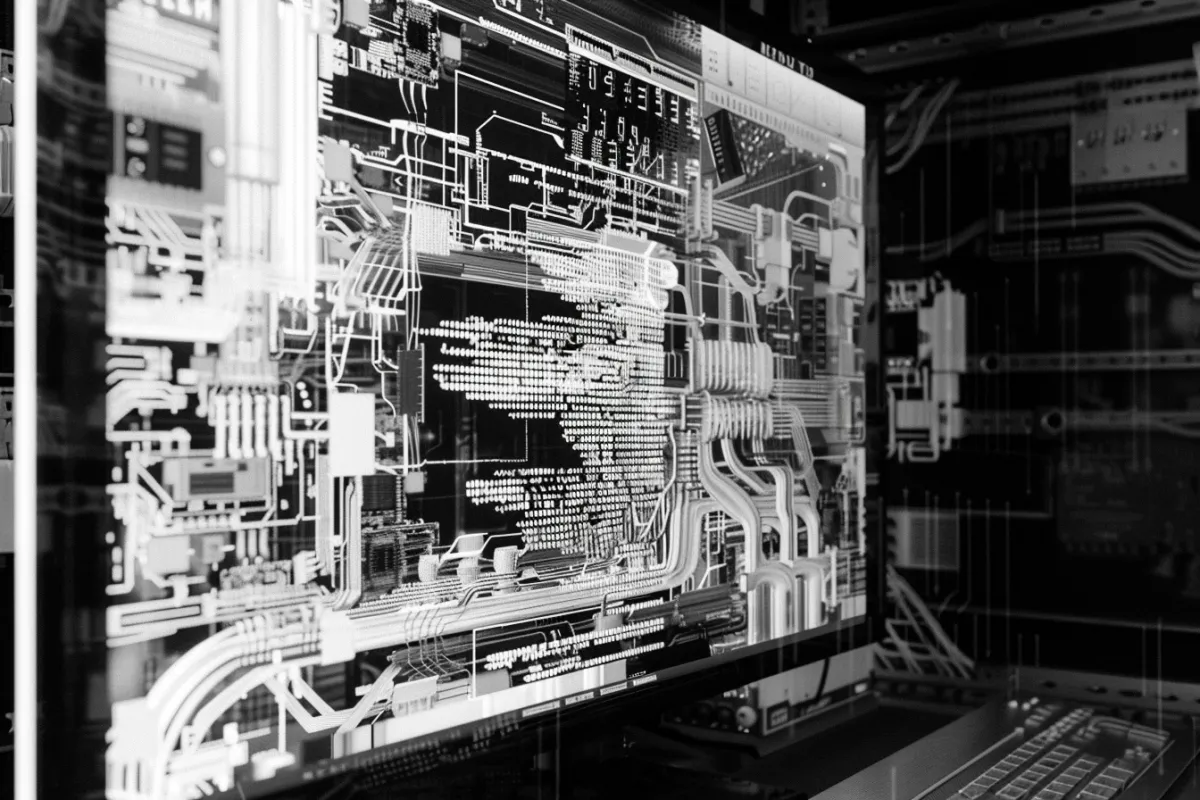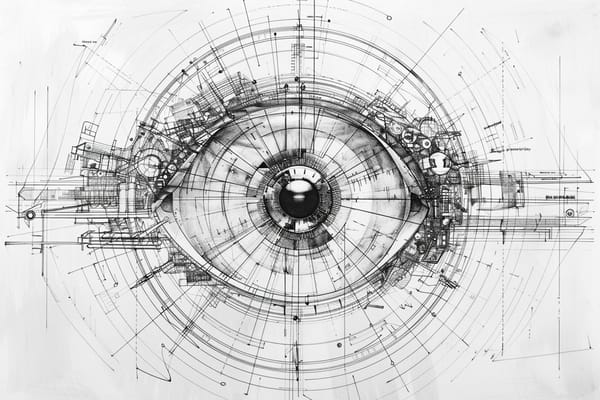Technological good

Software can be thought of as the purest form of technological good. It consists entirely of data and has no physical form, but it increases productivity enormously. It can be communicated around the world very quickly with modern communication tools, and it is non-rival and non-scarce. Applying software to an industrial process allows for the increased automation of the machines' functions, requiring less human supervision and labor. Software allows for far better organization of resources and supply chains, reducing costs and increasing efficiency.
This economic development has had an outstanding impact on the world over the past seven decades. Ideas and technologies can now be coded, through abstract letters and numbers, into hardware that controls a program's operation and allows it to perform evermore complex tasks. For most of the population of nineteenth-century Britain, the punch cards inserted into obscure and highly complex machines must have seemed unintelligibly insignificant. Today, software, the instructions codified into standard languages that tell machines to perform functions, has invaded every industry in the world. It is impossible to imagine a single avenue of economic production that has not increased its productivity through the utilization of machines that run on software.
—Saifedean Ammous, from Principles of Economics



